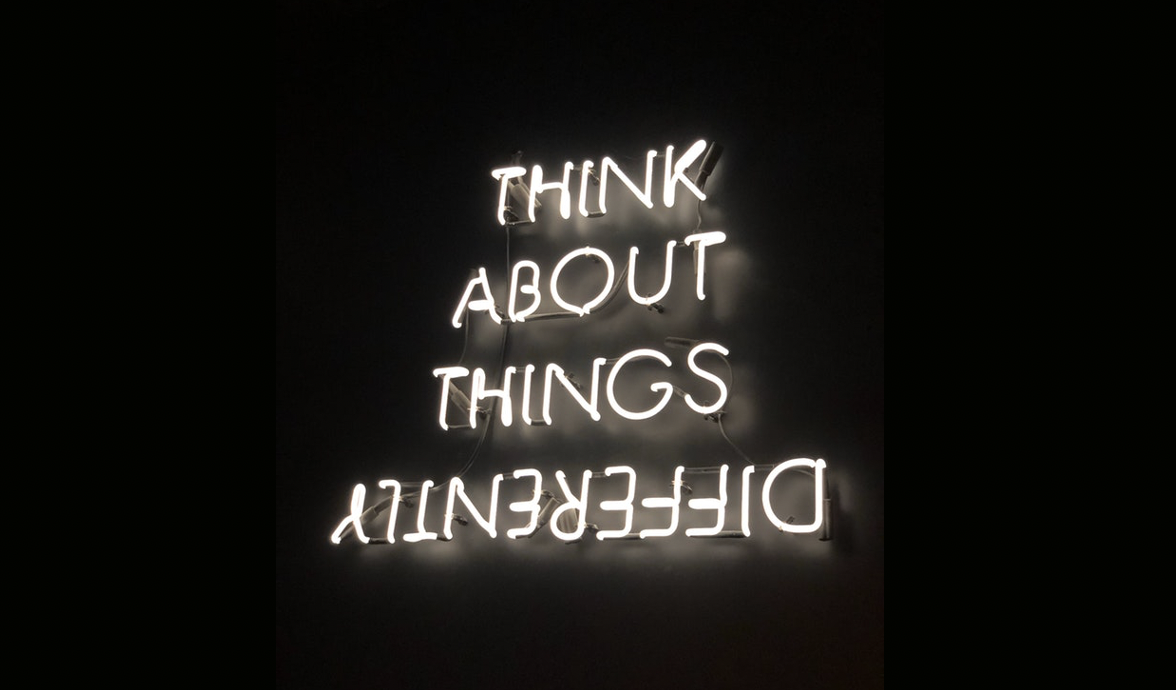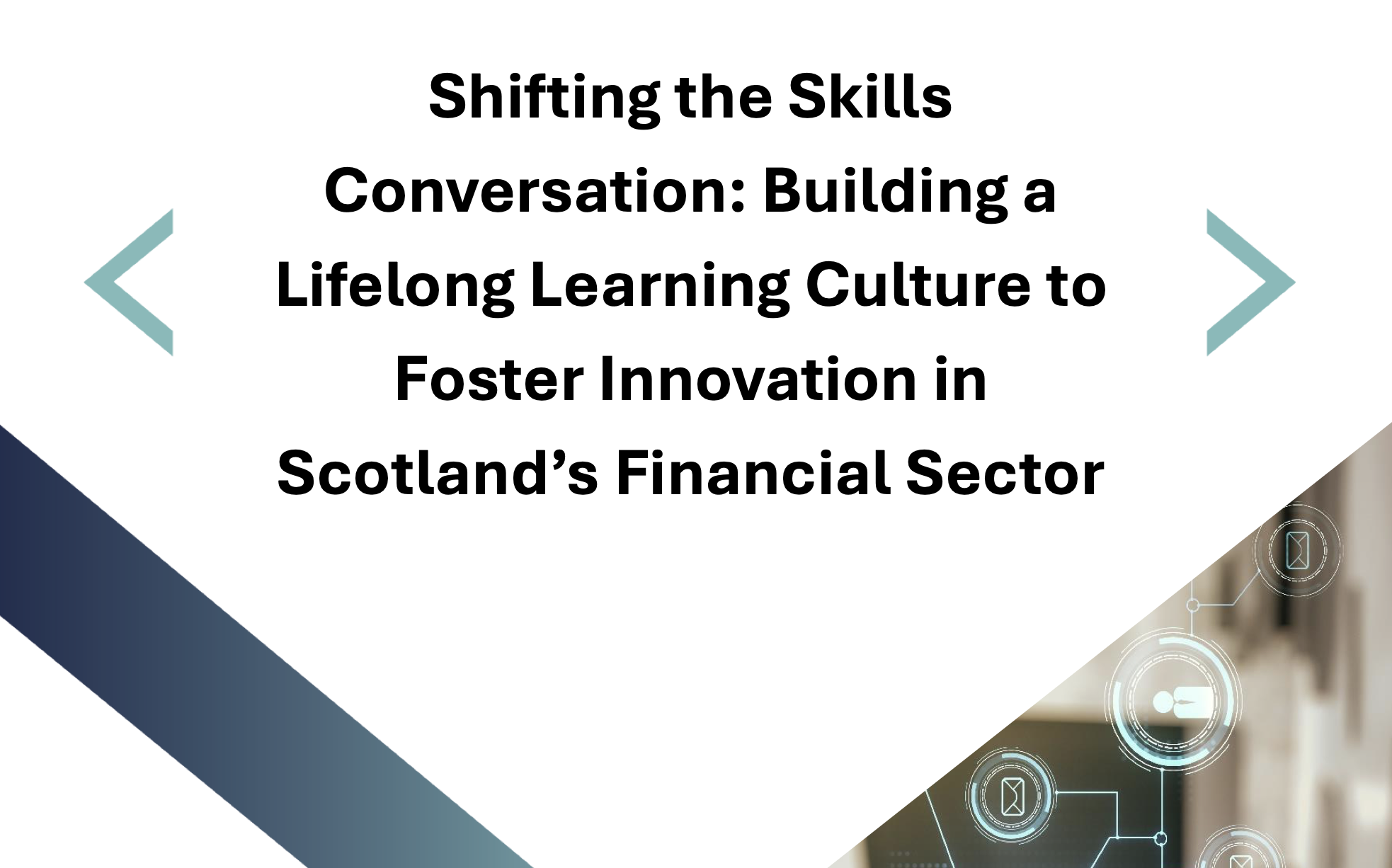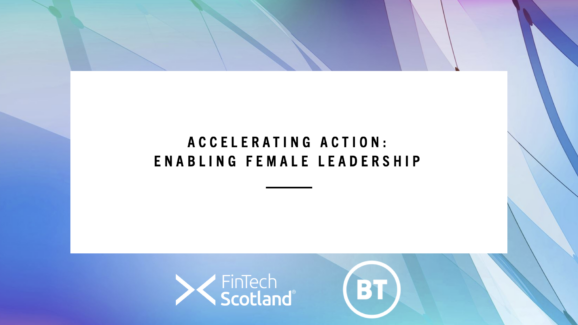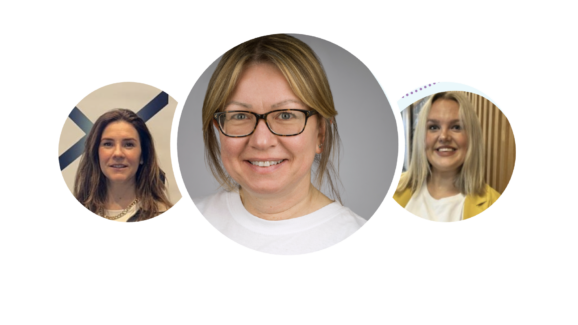Diversity in Recruitment ”“ FinTech can make it Happen

Photo by Ivan Bertolazzi from Pexels
I recently handed in my notice to my current employer and I now face not only the challenge of finding a new job but of also whether to declare my disability or not in the application process.
My current employer, Meraki Talent, is a disability confident and a member of ENEI (Employers Network for Equality and Inclusion), so they are fully supportive of me, as they understand I need a new challenge and even offered to help me in my search, as I look to take my career in a new direction.
Despite my own disability, having dwarfism, I have successfully worked in recruitment for over 9 years but even I am fallible to unconscious bias (Unconscious biases are learned stereotypes that are automatic, unintentional, deeply ingrained, universal, and able to influence behaviour) when identifying suitable candidates, so I do understand the recruiters need to fill jobs. That is how they build relationships and make commission.
The unconscious bias is sometimes referred to as the Halo Effect. The Halo Effect is a type of cognitive bias in which our overall impression of a person influences how we feel and think about his or her character. With these biases will my disability stop me even getting through the door?
Having also been on the candidate side in the past, I have declared my disability, as part of the application process a number of times. In doing so this is claimed to guarantee you an interview, if you meet the essential criteria. However, I am yet to receive an interview through these means in my working career. Despite being proud of who I am, I have had a lot more success when I don’t mention that I am disabled. Am I bypassing the biases? This then means the interviewers are put in a difficult position when it reaches interview! They have to judge me on my abilities, rather than my disability.
It does make you question why it is so difficult to recruit people from these groups. Could it be that that people with disabilities or from diverse backgrounds won’t fit in or would need more time or resources?
If an effort was made, to create jobs for people from these groups, perhaps people like myself would be more encouraged to apply?
So, if we truly want to be more inclusive, have greater variety in gender, age, ethnicity, social background, sexual orientation, education, religion, and disability then we must change our mindset and resist the temptation to stereotype. Also, if there is a desire to recruit people from these groups, the expectations of what is essential has to be counter balanced with the benefits it would bring.
Not only does it look great for brand, it means there is a greater variety of perspectives, increased creativity, productivity and people feel more included. Recently, I have been to Diversity & Inclusion events and I am keen for these great ideas to be a reality rather than a PR exercise and feel FinTech companies have a massive opportunity to do so.
FinTech companies are already admired with their culture – agile, flexible working, unlimited holidays, day off on your birthday, social events etc. FinTech organisations have a massive opportunity to take the lead in making their workforce a truer and fairer reflection of society.
In order to attract these candidates, we have to change the level of acceptability and I would encourage FinTech’s to take the lead, work with recruiters and create jobs for these minority groups.



